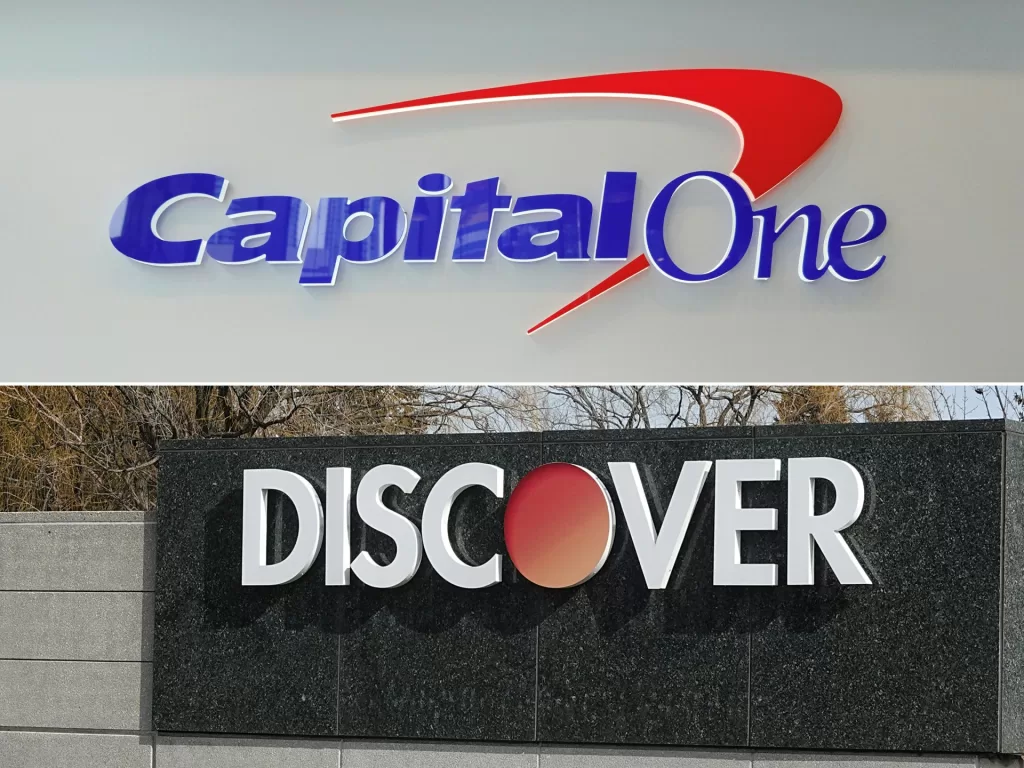The proposed acquisition would create the biggest credit card company in the US.
Capital One founder and CEO Richard Fairbank described the deal as an “incredible opportunity to bring together two exceptional companies”.
“This deal accelerates our longstanding journey to work directly with merchants, to leverage our customer base, our technology and our data to drive more sales for the merchants and great deals for consumers and small businesses,” Fairbank said in a video statement posted on the company’s website on Monday.
Discover CEO Michael Rhodes said the acquisition would bring “together two strong brands with enhanced ability to accelerate growth” and that it “maximises value for our shareholders”.
“We look forward to a bright future as part of the Capital One family and to providing expanded opportunities for our loyal customers,” Rhodes said in a statement.
Capital One, the 12th largest US bank with more than $470bn in assets, would become the biggest US credit card company by loan volume under the acquisition.
Discover, the smallest of the four major US-based credit card companies, boasts a network of some 305 million cardholders – nearly triple Capital One’s existing customer base.
Credit cards have been a lucrative business for US issuers, with Americans’ card balances rising to a record $1.13 trillion in the fourth quarter of 2023, according to the New York Federal Reserve.
Under the proposed takeover, Discover shareholders would receive a little more than one share of Capital One for every Discover share they hold – a premium of about 27 percent compared with Discover’s closing price Friday.
Capital One’s shareholders, which include Warren Buffet’s Berkshire Hathaway, would own 60 percent of the combined company, with Discover shareholders owning the rest.
The announcement of the deal attracted pushback from consumer rights advocates.
Jesse Van Tol, the chief executive of the National Community Reinvestment Coalition, said the acquisition would likely raise concern among regulators, including the Federal Trade Commission and Consumer Financial Protection Bureau
“Retailers might also oppose? I can’t think of [a] bank merger facing more opposition than Capital One buying Discover,” Van Tol said in a post on X.
US President Joe Biden’s administration has put tougher antitrust enforcement at the centre of his economic agenda, declaring that “capitalism without competition isn’t capitalism”.
Last year, the US Justice Department’s antitrust division announced plans to enhance its review process for bank mergers in light of advances in technology in the financial services industry.
